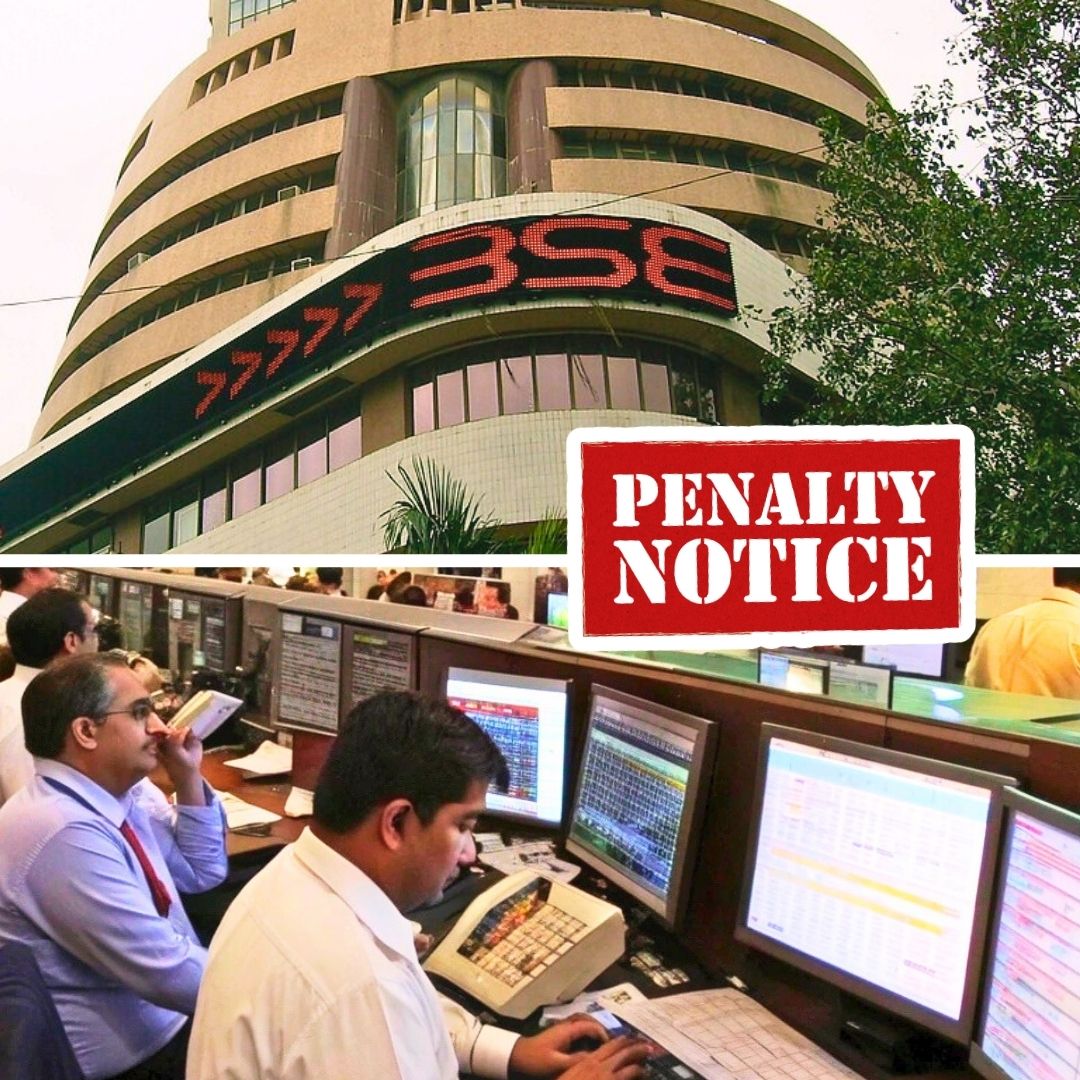On June 25, 2025, the Securities and Exchange Board of India (SEBI) imposed a ₹25 lakh penalty on the Bombay Stock Exchange (BSE) for failing to ensure equal access to corporate disclosures and for lax oversight of broker activities, particularly regarding frequent client code modifications.
The penalty follows a detailed inspection from February 2021 to September 2022, which found that BSE’s system allowed paid clients and its internal Listing Compliance Monitoring (LCM) team early access to market-sensitive information before it was publicly released.
SEBI criticised BSE for “laxity and negligence” and warned that such regulatory oversight failures risk undermining market credibility. BSE’s shares fell nearly 1% after the penalty was announced.
Systemic Lapses and SEBI’s Critique
SEBI’s 45-page order highlighted that BSE’s system architecture permitted its LCM team and paid subscribers to access corporate announcements before they were published on the official website, creating an unfair information advantage.
The regulator also noted that BSE did not establish a uniform push mechanism, such as an RSS feed, to ensure simultaneous data access for all users. Instead, the process relied on manual pulls, which could delay public access by a few seconds—enough for algorithms or early recipients to act on the information.
SEBI stated: “This case involves multiple acts of omission, laxity, and negligence, marked by a lethargic approach, which cannot be excused. If such regulatory oversight is allowed to continue unchecked, it risks damaging the credibility of both BSE and SEBI”.
Additionally, SEBI found that BSE failed to adequately monitor and discipline brokers who frequently modified client codes—a practice intended only for genuine errors. The exchange did not consistently review trades routed through error accounts or monitor code changes between unrelated institutional clients.
Background and Market Context
The penalty comes at a time when India’s top stock exchanges are under heightened regulatory scrutiny. The National Stock Exchange (NSE) has also faced action in the past for preferential data access to select brokers in the co-location case. SEBI’s action against BSE underscores the regulator’s commitment to ensuring a level playing field for all market participants.
BSE acknowledged the lapses, arguing that the violations were technical and did not result in investor loss or unfair gain. The exchange claimed corrective measures, such as introducing a time gap in information release, had been implemented. However, SEBI maintained that these steps were only taken after the inspection highlighted deficiencies, and that even unintentional timing differences could compromise market integrity.
The Logical Indian’s Perspective
At The Logical Indian, we believe that transparency, fairness, and robust oversight are essential for maintaining trust in financial markets. While penalties serve as a necessary corrective, fostering a culture of proactive compliance and continuous improvement is equally vital.
Encouraging open dialogue between regulators, market institutions, and the public can help prevent such lapses and build a more inclusive and trustworthy ecosystem.











